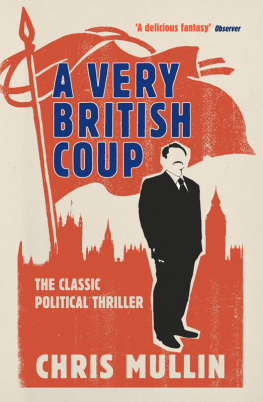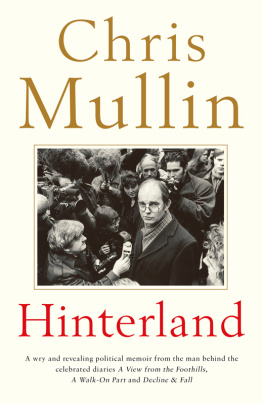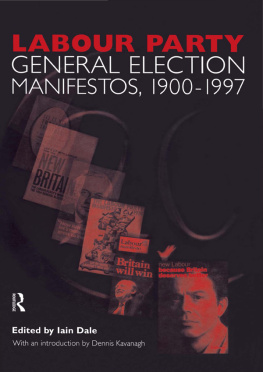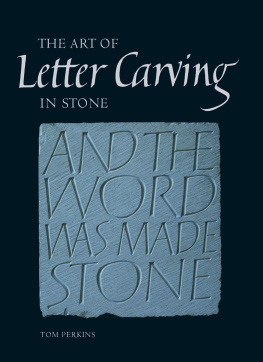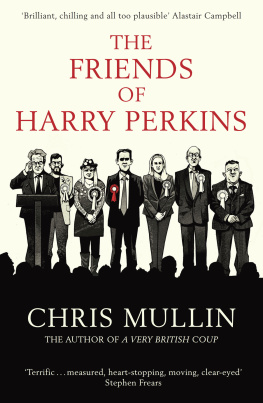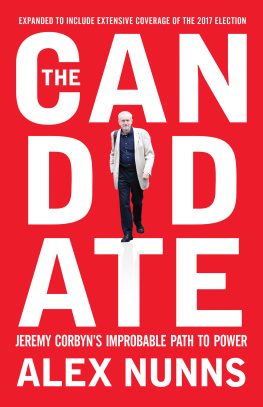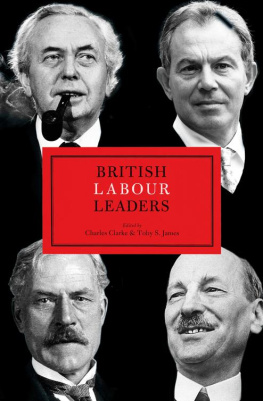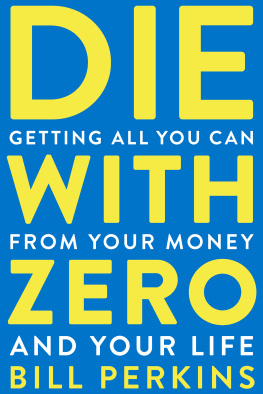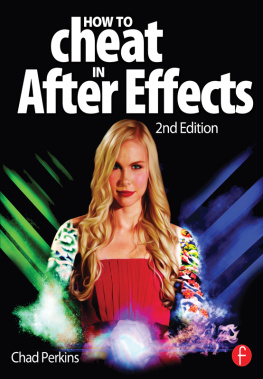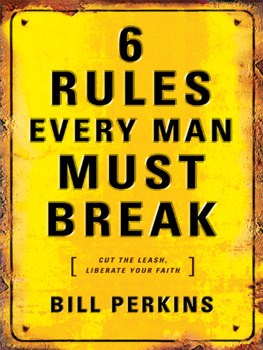Chris Mullin has been the Member of Parliament for Sunderland South since 1987. He chaired the Home Affairs Select Committee and has been a minister in three government departments. A Very British Coup was first published in 1982 and turned into an award-winning television series. Chris Mullin has recently published a widely-acclaimed volume of diaries, A View from the Foothills (Profile Books).
Praise for A Very British Coup
Rattling good London Review of Books
A curious Molotov cocktail Financial Times
A spiffing read People
Preposterous Telegraph
Praise for A View from the Foothills
The most wickedly indiscreet and elegant political memoirs since those of former Tory Minister Alan Clark Mail on Sunday
The sharpest and most revealing political diaries since Alan Clarks Simon Hoggart, Guardian
By far the most revealing and entertaining to have emerged from the now-dying era of New Laboura diary that tells us almost as much about British politics as that great television series, Yes Minister Economist
A real landmarkthe first no-holds-barred account of life inside the Blair administrationthey will become as important for future historians as the Crossman, Castle and Benn diariesI read it in a weekend and couldnt put it down Paul Anderson, Tribune
Without doubt the most entertaining account of the New Labour yearscomparisons with Alan Clarkand Harold Nicholson are certainly appositeit is hard to imagine anybetter account of the Blair years than this Scotsman
A VERY BRITISH COUP
CHRIS MULLIN

First published by Hodder & Stoughton 1982
Coronet edition 1983
Corgi edition 1988
Arrow edition 1991
Politicos edition 2001
Politicos (Methuen) edition 2006
A complete catalogue record for this book can
be obtained from the British Library on request
The right of Chris Mullin to be identified as the author of this work has been asserted by him in accordance with the Copyright, Designs and Patents Act 1988
Copyright 1982 Chris Mullin
All rights reserved. No part of this book may be reproduced, stored in a retrieval system or transmitted in any form or by any means, electronic, mechanical, photocopying, recording or otherwise, without the prior permission of the publisher.
First published in this edition in 2010 by Serpents Tail,
an imprint of Profile Books Ltd
3A Exmouth House
Pine Street
London EC1R 0JH
website: www.serpentstail.com
ISBN 978 1 84668 740 2
Printed in Great Britain by CPI Bookmarque,
Croydon, CR0 4TD
10 9 8 7 6 5 4 3 2
This book is printed on FSC certified paper

In memory of Joan Maynard
I could easily imagine myself being tempted into a treasonable disposition under a Labour Government dominated by the Marxist Left Suppose, in these circumstances, one were approached by an official of the C.I.A. who sought to enlist ones help in a project designed to destabilise this far left government. Would it necessarily be right to refuse co-operation? Coming from the representative of any other foreign power such a request would not be entertained by me for a moment. But the United States is not just any other foreign power. I am and always have been passionately pro-American, in all sense of believing that the United States has long been the protector of all the values which I hold most dear. To that extent my attitude to the United States has long been that of a potential fellow traveller.
When Treason Can Be Right
by Peregrine Worsthorne,
Sunday Telegraph, November 4, 1979
1
The news that Harry Perkins was to become Prime Minister went down very badly in the Athenaeum.
Mans a Communist, exploded Sir Arthur Furnival, a retired banker.
Might as well all emigrate, said George Fison, who owned a chain of newspapers.
My God, ventured the Bishop of Bath and Wells, raising his eyes heavenward.
As the Press Association tape machine in the lobby began to punch out the first results of the March 1989 general election it became clear that something had gone horribly wrong with the almost unanimous prediction of the pundits that the Tory-Social Democrat Government of National Unity would be re-elected.
Kingston-on-Thames was the first to declare. The sharp young merchant banker who had represented the seat saw his majority evaporate.
A mistake, said Furnival when he had recovered his composure.
Bloody better be, grunted Fison. No one could remember the last time a seat in the Surrey stockbroker belt had returned a Labour Member of Parliament.
The machine was now giving details of a computer forecast to the effect that if the Kingston swing was reproduced across the country Labour would have a majority of around 200 seats.
To hell with computers, muttered Furnival. Fison took a sip of whisky. The Bishop dabbed his forehead with a purple handkerchief.
There were those who had argued that computers had rendered elections obsolete. That very morning a professor from Imperial College had been on the radio describing how he had fed the entire electoral register into a computer which had then selected a perfect cross-section of the population. He had polled the sample and confidently predicted that his results would be accurate to within one quarter of one per cent. Harry Perkins was about to put the learned professor and his computer out of business.
Freak result. Means nothing. The party around the tape machine had been joined by a man in a double-breasted Savile Row suit. Sir Peregrine Craddocks Whos Who entry said simply that he was attached to the Ministry of Defence, but those who know about these things said he was the Director General of DI5.
For the next few minutes Sir Peregrines optimism seemed justified. The National Unity candidate held Oxford with a majority only slightly reduced. Braintree stayed Tory. So did Colchester and Finchley. Then at about quarter to midnight came the first results from the North. Salford, Grimsby, York and Leeds East were all held by Labour with doubled, even trebled, majorities. It was at this point that Arthur Furnival disappeared to ring his stockbroker.
At a few minutes to midnight Worcester went Labour, bringing down the first of six Cabinet ministers who would lose their seats that evening. Sir Peregrine took a sip of his orange juice. George Fison rushed back to Fleet Street to dictate an editorial for the late edition of his newspaper. He was last heard shouting that the British people had taken leave of their senses.
By 12.30 it was clear that the National Unity bubble had burst. South of the Wash the Social Democrats were being annihilated. Richmond, Putney, Hemel Hempstead and Cambridge all fell to Labour in quick succession. North of the Wash only the seaside resorts and the hunting country remained in Tory hands.
Like so much else associated with the twentieth century, television sets were banished from the Athenaeum. But in view of the impending national disaster a delegation from the crowd of elderly gentlemen now gathered around the tape machine had been despatched in search of the club secretary, Captain Giles Fairfax. The captain said he would see what he could do and within ten minutes reappeared carrying a small portable set borrowed from the caretakers flat. It was now installed beside the tape machine on a table taken from the morning room. All very irregular, said the captain with an apologetic glance at the portrait of Charles Darwin which overlooked the scene. Nevertheless, he stayed to watch.
Next page
